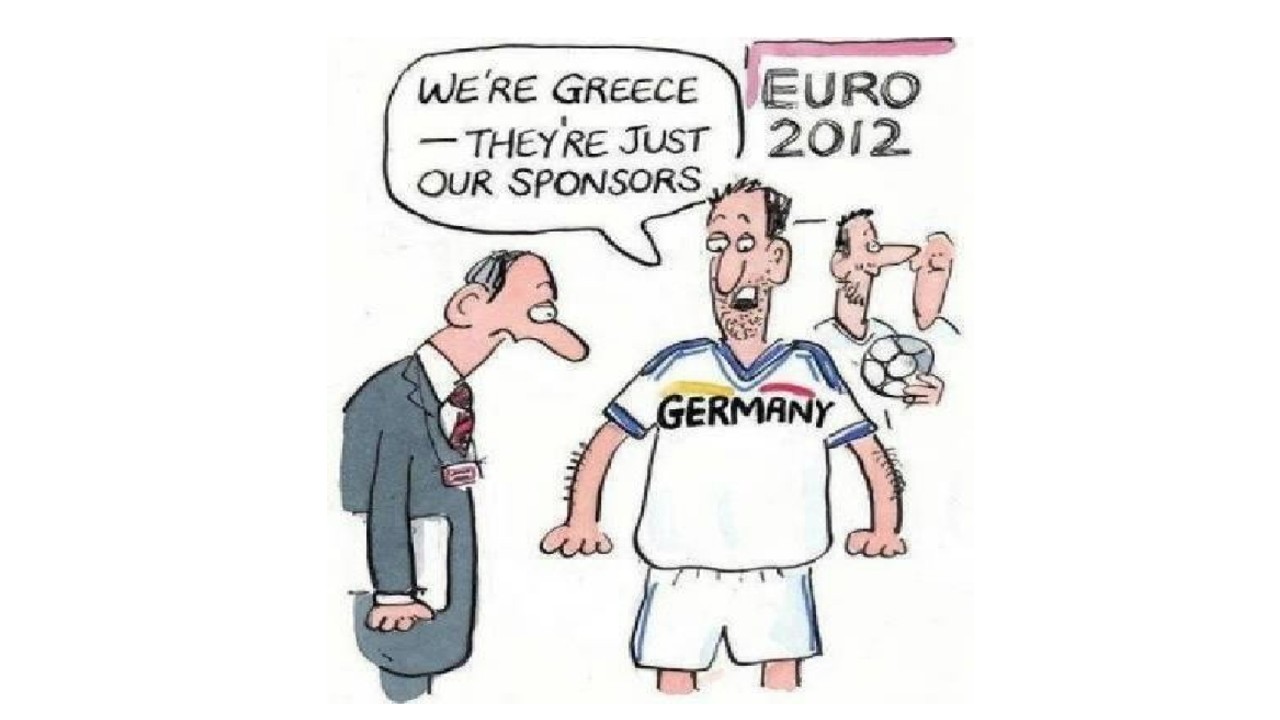Holidaying in Greece during its election and following that up with a jaunt to Germany the week of the EU summit, I anticipated a highly political vacation spent discussing the eurozone with a front-row seat to the action in the two countries at the heart of the crisis (yes, journalists can have twisted ideas of fun).
In some ways, the trip did not disappoint. The Greek election, which resulted in a coalition government of three parties headed by New Democracy, did not lead to a Grexit as many had feared. But the newly appointed finance minister collapsing before being sworn in and the new prime minister requiring emergency eye surgery – which means he cannot attend this week’s EU summit – did add some drama.
On Saturday, as I headed to Berlin, the new Greek government unveiled a plan to ease the terms of its €174bn bailout, proposing tax cuts, extra help for the poor and unemployed, a freeze on public sector lay-offs and at least two more years to hit its budget targets. These proposals are not as extreme as what might have been expected had the left-wing Syria party won the election, but as other Eurozone leaders have offered just minor adjustments to the bailout conditions, the Greek proposals were not well received.
On Tuesday I finished my journey in Frankfurt, where I participated in a roundtable discussion (part of our Economist Bellwether series) with Bernd Braasch, director of financial stability at the Deutsche Bundesbank. He very much towed the party line, firmly stating that banking and fiscal union must go hand in hand (rather than a banking union being a step on the road to fiscal union, as has been suggested by The Economist).
In fact, ahead of the EU Summit, which starts today, Herman Van Rompuy, European Council president; José Manuel Barroso, European Commission president; Mario Draghi, European Central Bank chief; and Jean-Claude Juncker, chair of the eurogroup of eurozone finance ministers, released a proposal that would give the EU far-reaching powers to rewrite national budgets for eurozone countries that breach debt and deficit rules - part of an ambitious plan to turn the eurozone into a closer fiscal union (this Financial Times article gives a good overview).
But despite the massive potential for change, the Greeks and Germans I spoke to seemed less concerned with the actions of their politicians and more interested in the action on the field of the Euro 2012. After years of waiting for a resolution to the crisis, it's understandable - at least with the football they are guaranteed a result in 90 minutes (slightly longer with penalties).
The views and opinions expressed in this article are those of the authors and do not necessarily reflect the views of The Economist Intelligence Unit Limited (EIU) or any other member of The Economist Group. The Economist Group (including the EIU) cannot accept any responsibility or liability for reliance by any person on this article or any of the information, opinions or conclusions set out in the article.




